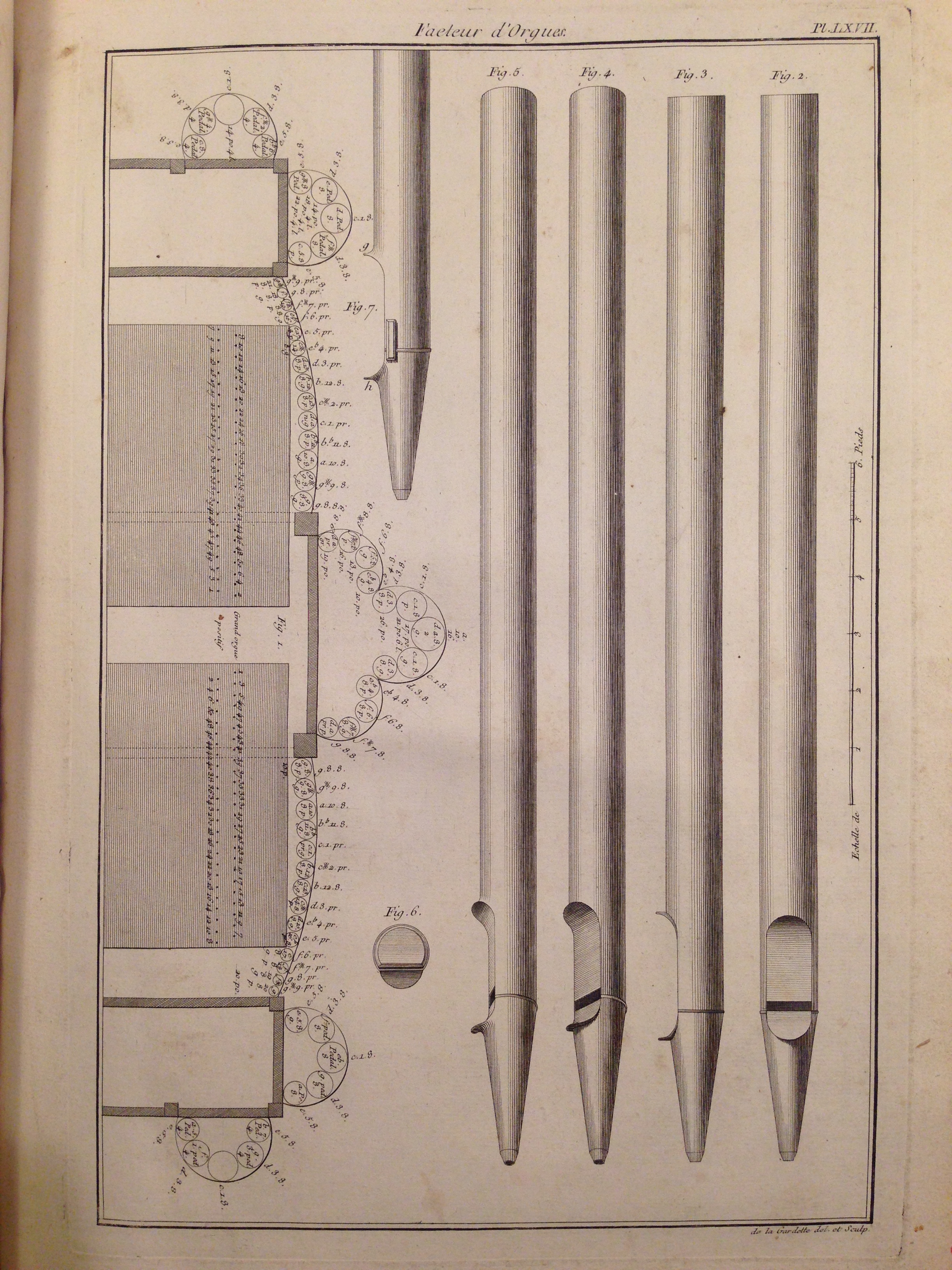
A personal connection to the Dakota Territory

This image comes from Plate 57, L’art du facteur d’orgues (1766-1778) by François Bédos de Celles (Dom Bedos), showing the design of organ pipes. Image By SVpellicom – Own work, CC BY-SA 3.0, https://commons.wikimedia.org/w/index.php?curid=30450440
Back in 2003, a departed friend, Charles Finney, asked me to make a proposal to the United Methodist Archives and History Commission of the Dakotas Annual Conference for an update of our conference’s history. I could have just said, “no.”
But I believed that, with my education in history as well as pastoral service in South Dakota, I was in a unique position to do this job and that it was my duty to say, “yes,” if I possibly could. I have now posted two chapters of conference history on the Internet, including one on Dakota Territory (1860-1890), at https://wp.me/p7YZVn-dE
Born in the South and raised in Illinois, I was conscious of being an outsider when I moved to South Dakota in 1981. I’ve now learned that this was not quite true, and, in the process of finding out the real truth, I recalled that the study of history can lead to greater self-awareness.
When I said, “yes,” so many years ago to writing our conference history, I did not know that I had a personal connection to a presiding elder (district superintendent) in Dakota Territory.
Lewis Bradford came from Iowa in the 1880’s to serve as a presiding elder in the rapidly growing James River Valley. During the 1890’s he was pastor at Redfield, South Dakota, where I would retire in 2014. Bradford’s son, also named Lewis, ended up as a Methodist pastor who cared for automobile workers in Detroit and encouraged them to organize as a union.
The son died in 1937, and, in 2004, a jazz opera was produced about his life, Forgotten: The Murder at the Ford Rouge Plant.
The son who died in Detroit fathered Curtis B. Bradford. He married the daughter of a woman who died in the concentration camp at Theresienstadt, now in the Czech Republic. This Bradford, the grandson of the presiding elder, taught at Grinnell College, Iowa, and published several books on one of the founders of modern poetry, William Butler Yeats.
Walter Bradford was born to the grandson and his wife. This great grandson of the presiding elder died a year ago last summer in Illinois.
Walter’s wife told all this to me when I was in Evanston, Illinois, in October because she and I had been friends ever since we helped to start a new congregation in the Chapel of Northwestern University during the 1970’s. Toward the end of the 1970’s, I was educated but unemployed, and she referred me to Walter, who was looking for an apprentice to help with his business of building organs for churches. His dream was to design and build a tracker organ (pipe organ) that small churches could afford.
After about a year, I left Walter and the organ business and entered Garrett-Evangelical Theological Seminary, thinking I would not ever have much to do with organs again except when I sang hymns.
Not knowing at the time any of Walter’s family history, Marilyn and I decided to move to South Dakota after seminary. When we arrived, I could hardly believe that I had been appointed to a congregation in crisis over whether to install a traditional pipe organ or keep an electric organ. Eventually, the congregation resolved the crisis by purchasing an electronic organ that reproduced traditional organ sounds by means of digital technology.
I wondered then about the steps I had taken with Walter, without knowing where they would lead, to become informed enough about organs that I could help Wessington Springs United Methodist Church thru a crisis.
I wonder now about all the steps I took that ended with serving a congregation that Walter’s great grandfather used to visit. I wonder about the journey I took that ended, many years later, with writing the history of his time.
The wonder of history comes from this. Whether we know it or not, we are connected to people we never knew, people who came before us, people who lived lives very different from our own. A family that endured great suffering somehow got connected to my life and my family and became a blessing to me and many others.
What is it about our fallen world that makes this possible?
Resources:
Here is Rev. Stephen Perry's contact information.
Dakotas Conference Archives stores documents and other materials related to the churches, clergy and leadership of the Dakotas Conference. If you have a request for information contact Laurie Langland, archivist.